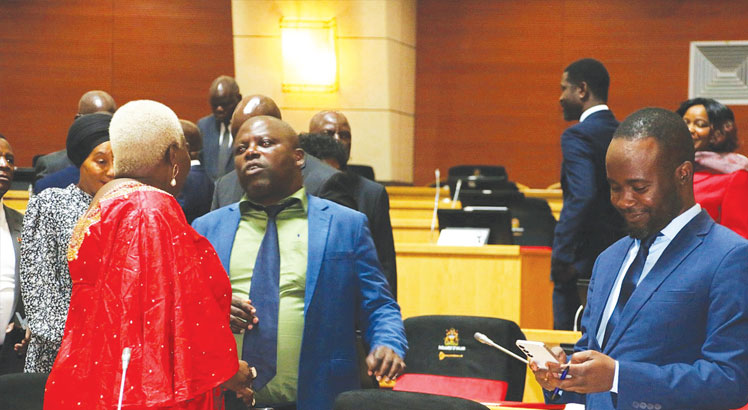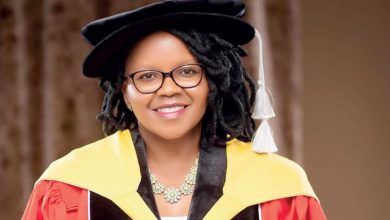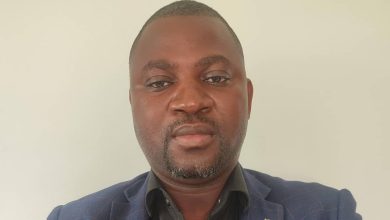Vote of no confidence
Malawians trust religious and traditional leaders more than elected ones, including the President, members of Parliament (MPs) and councillors, findings of an Institute of Public Opinion and Research (Ipor) survey have revealed.
Ipor conducted the Citizens Perceptions on Parliament and Parliamentarians Survey, which included 2 800 respondents from 27 districts excluding Likoma, in March this year as part of its Parliamentary Support ProgrammeSpeaking during a dissemination session in Lilongwe yesterday, Ipor director of training and research Dr Michael Chasukwa said 58 percent of respondents trust religious leaders and 44 percent trust traditional leaders compared to only 18 percent who trust the President.
On the other hand, trust in MPs is at 19 percent while councillors are trusted by just 16 percent of the population, according to the survey.
The researcher attributed the erosion of trust to failure by elected leaders to meet voter expectations, warning that this could lead to voter apathy.
S a id Chasukwa : “The respondents believe that elected representatives fail to meet the expectations of the people and deliver on their mandate.
“This is worth reflecting on, given the economic context and the MPs’ mandate. Realistic expectations need to be set, as this will have implications when they are in power.”

In the survey, 67 percent of respondents said they perceive MPs as serving their own interests with only 18 percent believing that legislators always or often listen to voters.
Further reads the findings: “Two-thirds of Malawians feel that MPs are generally qualified for their legislative duties, but are somewhat incompetent in making decisions that benefit all Malawians.
“A plurality of citizens expressed disappointment that their MPs rarely visit their constituencies, with only one-fifth visiting at least monthly.”
In his presentation, Chasukwa also said a majority of Malawians favour fixed terms for MPs, similar to those of the President.
He said 61 percent of the respondents believe MPs should have term limits. Of these, 57 percent proposed a two-term limit, while 19 percent suggested that MPs should serve only one term.
The findings also show strong support for the recall provision to address the issue of underperforming legislators.
Commenting on the findings in an interview, Civil Society Agriculture Network acting national director Elizabeth Namaona, who was present at the meeting, agreed with the respondents on term limits for MPs.
She argued that smallholder farmers have long complained about being ignored by legislators.
Said Namaona: “Having term limits will make MPs more accountable and ensure they deliver on their promises to the people.” On his part, Centre for Multiparty Democracy programme officer Dalitso Magelegele stressed on the importance of an informed citizenry in a democracy.
He noted that many Malawians are not well-informed, making it crucial to have systems in place for a progressive democracy.
Said Magelegele : “Term limits will provide opportunities for new leaders to emerge. Leadership should not be monopolised by a few individuals. Everyone has the capacity and potential to lead, and term limits will allow more people to participate in governance.”
The survey also shows that nine in 10 Malawians want voters to regain the power to recall MPs who fail to represent them.
Additionally, more than one-third of Malawians believe that both the President and MPs should possess at least a bachelor’s degree, while half of the respondents think that councillors should have at least a Malawi School Certificate of Education.
The findings also reveal that about six in 10 Malawians support the idea of dropping English as a language of Parliament, with Chichewa being the most preferred replacement.
According to information in the Ipor website, the USAid – fun d e d Parliamentary Support Programme is running for five years from 2022 to 2027, but Ipor has been incorporated in the project in 2023 and 2024, to train parliamentarians and parliamentary staff on research in addition to conducting the recent survey.
The programme is aimed at achieving three main purposes, namely to provide technical support to MPs, to provide class institutional support, and public partnership support





